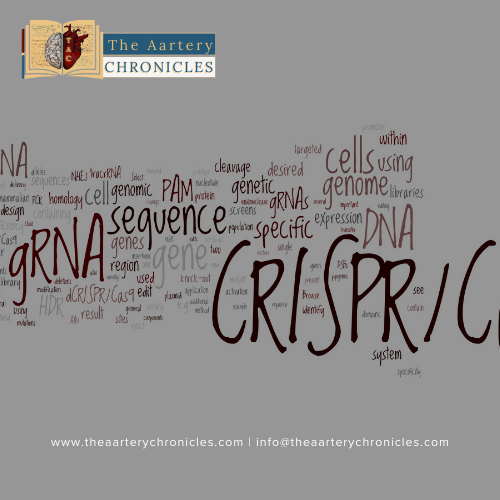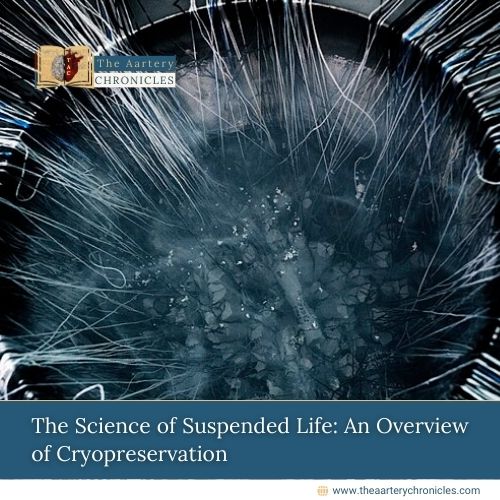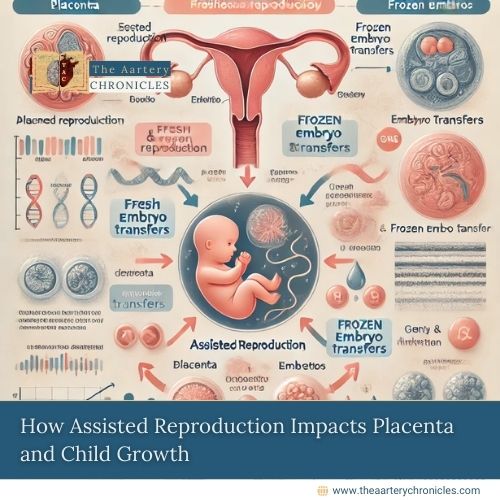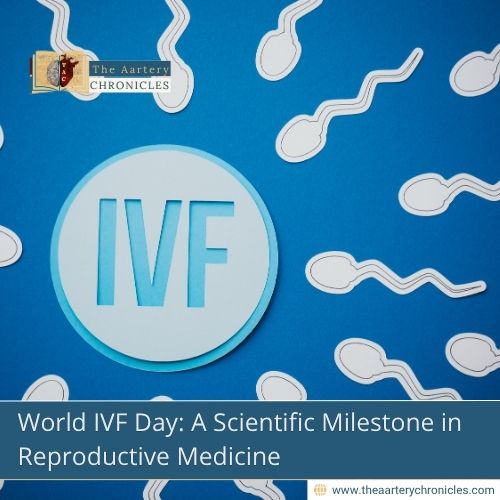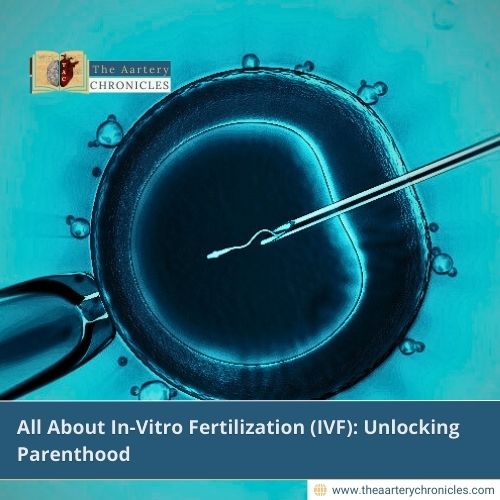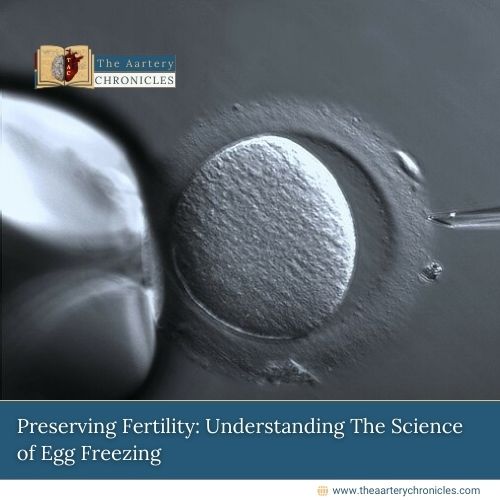
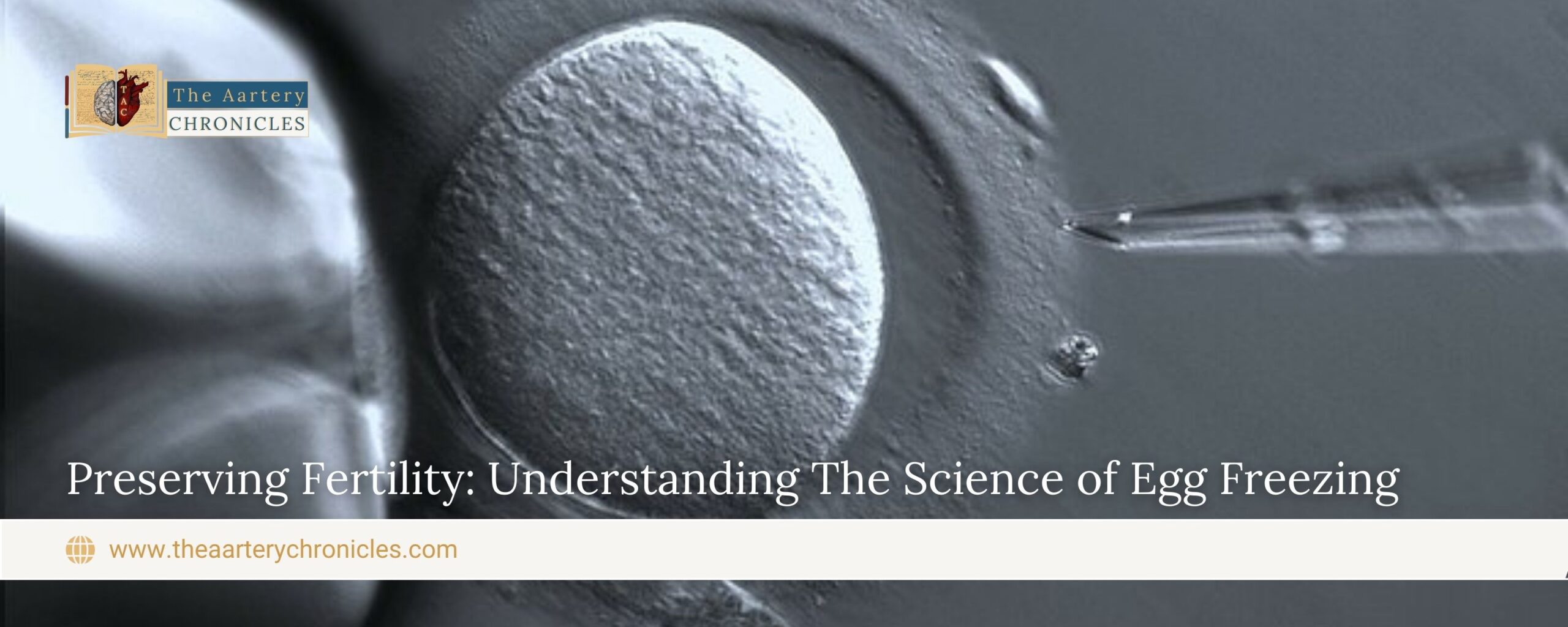
Preserving Fertility: Understanding The Science of Egg Freezing
Egg freezing involves the extraction of eggs from a female body, their freezing, and cryogenic storage to preserve reproductive potential.
Overview of Egg Freezing
A marvel of reproductive medicine, that allows women to have hope for preserving potential or future pregnancies in a world where professional or personal aspirations delay the joy of motherhood. This scientific advancement equips women with the opportunity to have control over their lives and the most infamous ticking biological clock.
What is egg freezing?
Egg freezing or cryopreservation of oocytes is a technology that involves the extraction of eggs from a female body, their freezing, and cryogenic storage to preserve reproductive potential in women. [1]
Later when the woman decides to have the pregnancy, the preserved eggs are assessed and the healthiest eggs are fertilized using the technique called intracytoplasmic sperm injection (ICSI). The fertilized eggs are allowed to grow in culture till the embryos become ready to be transferred to the uterus. [1]
The History of the Frozen Egg
The technique of egg freezing has taken quite a long time to develop and eventually progress. Embryo freezing and sperm freezing were common practices but egg freezing was initially thought to be complex and difficult. Egg freezing used to be difficult at the time because the egg is the biggest cell around 0.1 millimeters and has a large liquid volume with sensitivity to freezing damage due to the formation of ice crystals. [2]
- In the year the 1950s a woman gave birth to a child after artificial insemination from frozen sperm.
- Post this, over three decades, Zoe an Australian girl was the first to be born after the transfer of frozen embryos.
- Later in 1986, egg freezing gained popularity after twin babies were created using frozen eggs.
- Much later around the 1990s IVF was developed and became popular, especially for infertility issues associated with age.
- Following IVF and a few more advancements in the field, the success rates of egg freezing significantly increased, and it became a widely popular technology. [2]
How does egg freezing work?
For egg freezing, the doctor first examines and determines if an individual is eligible for egg freezing. Factors such as age, diseases, treatments in case of diseases such as cancer, etc are considered.
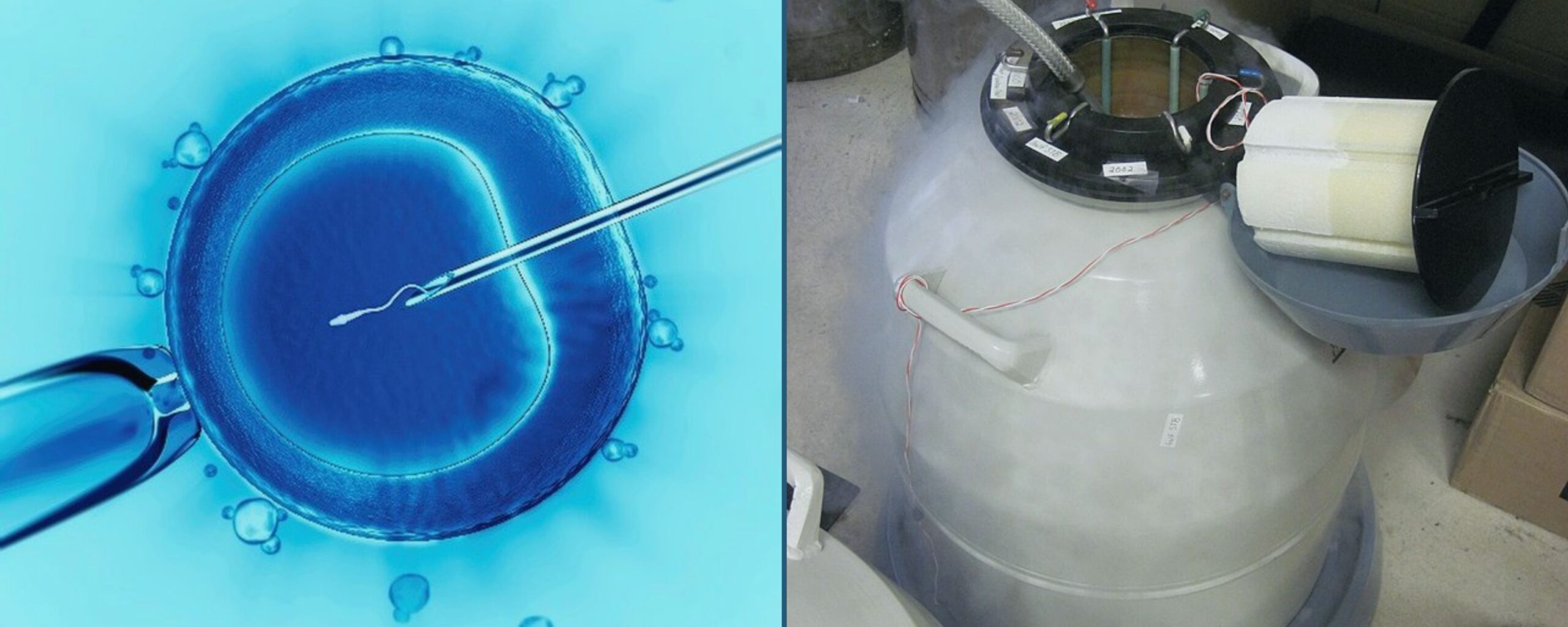
1. The biological clock
For most women biological clock is the prime factor. The biological signifies the number of eggs left and their quality which decreases with age. Age is believed to be the most significant factor for egg freezing. Egg supply begins to decline rapidly after the age of 36-37. With age, the quality of eggs decreases hence the potential for pregnancy is lost in over 90% of women after 43. According to the experts freezing eggs before the age of 40 improves the chances of achieving pregnancy. [3]
2. The process to freeze eggs
- Hormone medications are used to encourage multiple eggs to develop simultaneously which takes around 10-12 days.
- Bloodwork and ultrasound are done to monitor the development of eggs
- On maturation the eggs are retrieved with the surgical procedure which can take 20-30 minutes.
- After harvesting, the eggs undergo vitrification and are stored in liquid nitrogen tanks in the labs
- When the individual decides to use eggs, they are thawed and fertilized, typically using intracytoplasmic sperm injection. [3]
Why does one opt for egg-freezing
People undergo egg freezing with the hopes of being able to get pregnant later in life. Egg freezing is primarily chosen because people are not ready in their current situation to achieve a pregnancy. A few reasons may include: [4]
- It is not the right time: People with financial and emotional burdens, career aspirations, personal or professional commitments, or other non-medical reasons wanting to delay their pregnancies choose egg-freezing.
- Gender transition: For those who are assigned female at birth and are undergoing gender transition, egg-freezing can help them have a baby later by allowing a gestational surrogate to carry the pregnancy in the future.
- Medical treatments: Medical treatments for certain diseases such as radiation and chemotherapy can be toxic to the ovaries. Hence, freezing eggs before undergoing therapy can improve the chances of future pregnancies. [4]
Conclusion
Egg freezing is considered the ‘holy grail’ of fertility medicine. Just like other novel reproductive technologies, egg freezing is also criticized by some, however, it is also praised for empowering women’s choices in reproductive planning.
Indeed, egg freezing is a great advancement for a variety of reasons. Moreover, it is imperative to realize that egg freezing is a way of preserving fertility down the road, but it does not guarantee successful conception or viable pregnancy. There are a lot of factors that can affect the fate of a pregnancy. As per the experts, there can be chances of abnormal embryo growth and a risk of miscarriage during a pregnancy.

Sanika Pande
- Medicine and Diseases
- Nutrition and Diet








